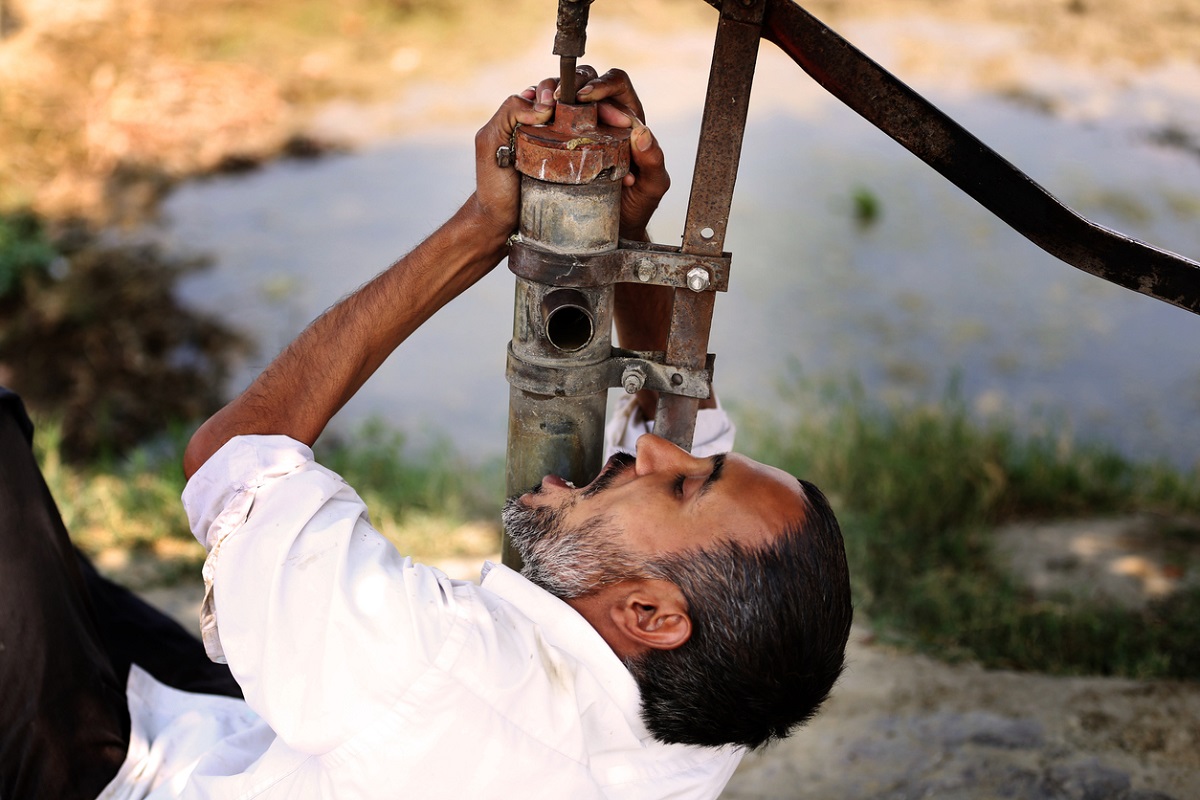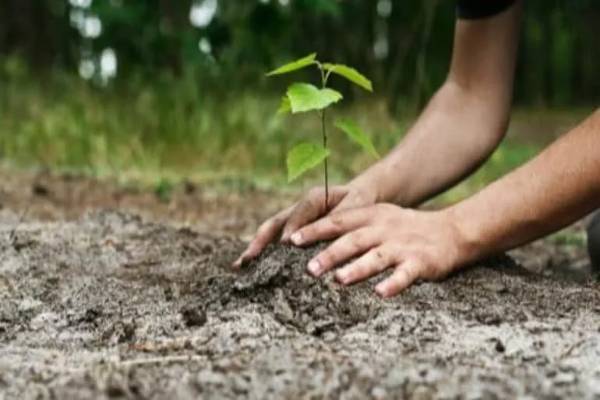Say goodbye to groundwater and hello to pristine, clean drinking water out of thin air
There have been many instances of people producing water out of thin air, and technologies assisting them in their novel pursuit have been around for quite some time.













